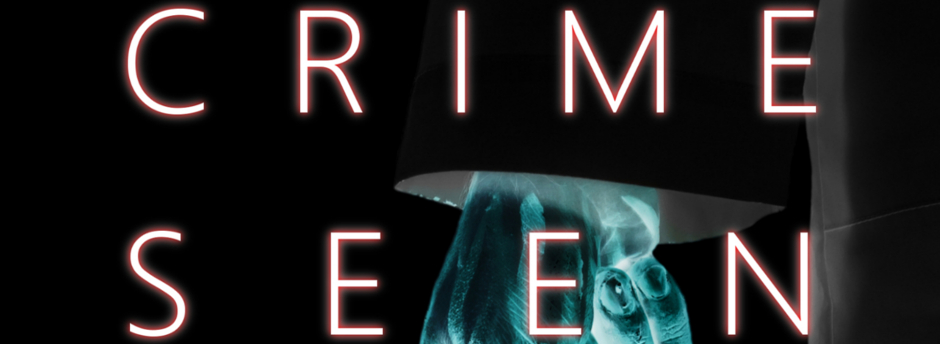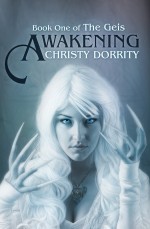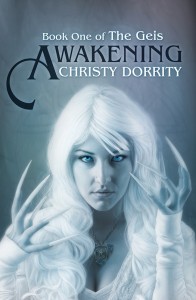After posting my last blog post, Francis Powell reached out to me from across the pond to share his take on short stories. Powell was born in England and currently lives in France, where he writes prose and poetry. This is what he had to say:
Short Stories
Like a thirty second advertisement, with a short story you have to pack a lot of information into a short space. You need to put an explosive first sentence that grabs the reader’s attention right from the off and immediately grabs their attention.
I have read short stories that are fairly abstract, but my short stories can have a variety of characters and a strong defined theme that runs through them. There is dialogue and a certain amount of description. Everything has to be concise and the stories can’t go off on any wild tangents, which is not the case with novels, where maybe one chapter can be totally different from another.
There are advantages to short stories. The writer can put a lot of energy into the story and it can be written in a morning or afternoon, during a period when the writer is inspired and has an urge to externalize an idea that perhaps popped into their heads. A writer of short story can imagine the beginning as well as the end of the story, right from the off. There can be a lot of freshness and spontaneity with short stories.
People might see a short story in the same way that people in the world of art might see a sketch as opposed to an old painting. A lesser creative art form.
It is true to say that a writer can develop their style by starting off by writing short stories. This was how I developed. When I first attempted to write, I tried to write a novel. It was a disaster; I lacked the skill and technique. It was through writing short stories that my style developed.
I remember as a child reading short stories by Roald Dahl, who produced a considerable number of short stories. What struck me was that he always placed an unexpected twist at the end of his stories.
I guess most genres work with short stories, but horror stories in particular seem to being more successful, with “The Raven” by Edgar Allan Poe often being praised as a great work. MR James is often considered as a forerunner of the great horror writers that would follow.
Women have contributed some great horror stories, such Daphne du Maurier, who provided the ideas behind three Alfred Hitchcock films. If you have seen a memorable and extremely disturbing film called “Don’t Look Now,” which stars Julie Christie and Donald Sutherland, perhaps you are unaware it originated from a Daphne du Maurier short story.
For the reader, the advantage of short stories or collections of short stories is that they are not lumbered with long stories which they feel obliged to finish. They offer different tastes and flavours, like an array of hors d’oeuvres.
Publishers might frown at short stories, because they imagine that they don’t sell like novels do. My advice is if you are not reading short stories, try it, I am sure it will be a most rewarding.
Powell’s latest release, Adventures of Death, Reincarnation, and Annihilation, explores the inevitable unknown that lies before us all at “death.” It is the subject of a book tour and giveaway between now and March 18. Check out the book tour here: https://www.silverdaggertours.com/tour-sign-ups/adventures-of-death-reincarnation-and-annihilation-tour-sign-ups





